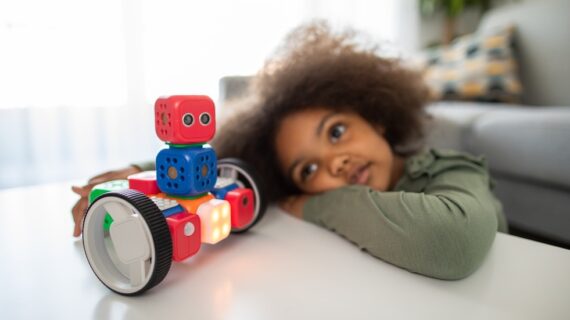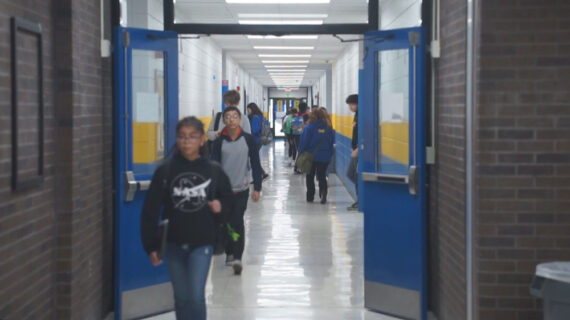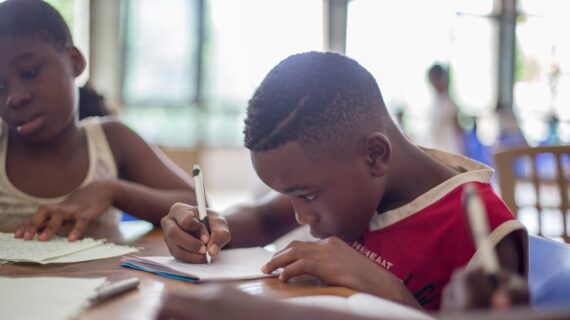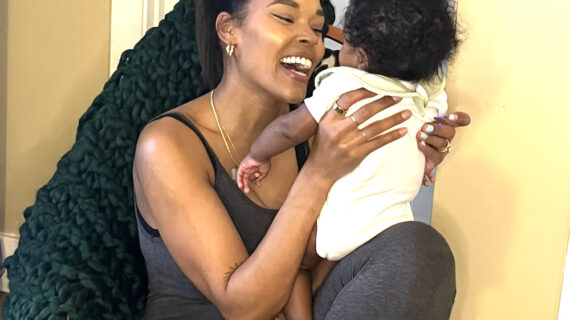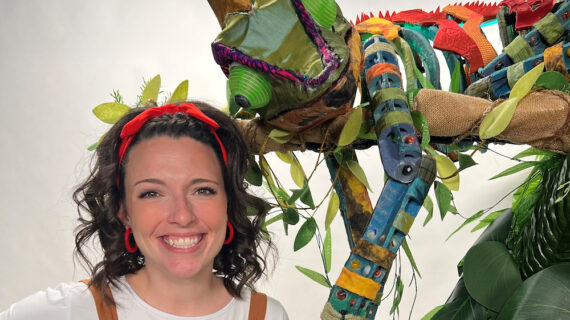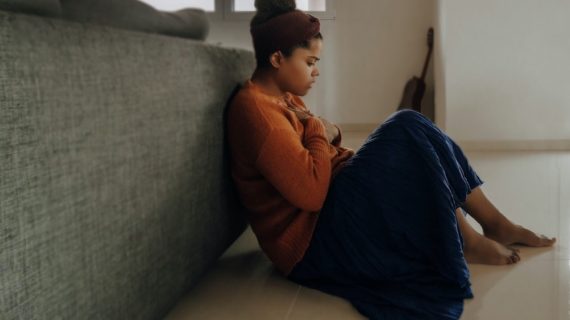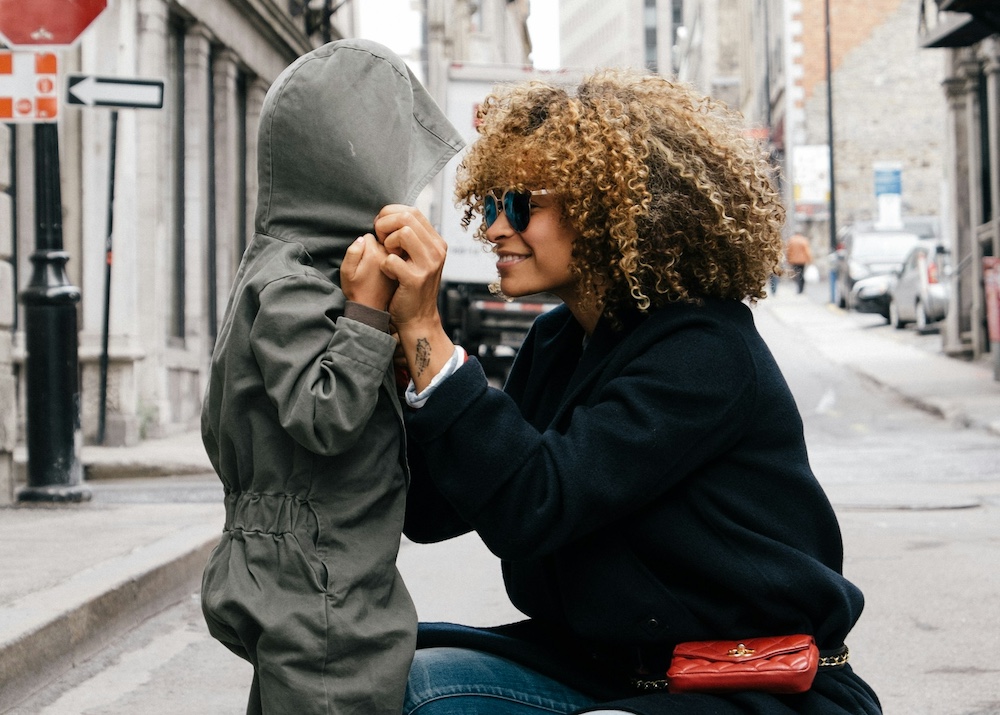
Mental health advice for parents navigating divorce and custody
Photo above by Sai De Silva via Unsplash.
It’s never easy to go through a divorce. Doing it as a parent can be especially difficult, even if you and your former spouse can work together and share custody amicably.
Unfortunately, not every situation is amicable. Stephanie Wijkstrom, founder of the Counseling & Wellness Center of Pittsburgh, sometimes works with high-conflict couples. She points out that in these cases, “safety is always number one.”
“There are people that will situationally abuse, because their coping skills are overwhelmed. And they’ll become hostile and combative, but later they’ll apologize,” Wijkstrom says. There are also people who are more consistently abusive, and “with those kinds of folks, really, we should be exercising the full extent of the law to make sure our children are safe.”
But for those who are co-parenting with someone in what Wijkstrom calls “the normal range” of behavior, there are many ways to support your children’s mental wellness and your own. Kidsburgh sat down with Wijkstrom to talk through some of the challenges and opportunities.
Discussing and Adjusting
Telling kids about a divorce and helping them adjust to the news can be difficult, and it may actually be more challenging with older children than little ones. With kids under 5, “we want to keep it very concrete when you’re sharing the initial news that mom and dad or mom and mom, whomever, happen to be getting a divorce.”
Calmly offer clear information about where the child will live and where each parent will live. Focus on these practical kinds of things, Wijkstrom says, so that kids know what to expect from day to day.
Younger children can be more “prone to internalizing a sense of blame, because they’re not in the concrete logic phase yet. So we want to be really aware of that and really coaching them on those things.”
Let them know that the divorce is not at all their fault.
With children between ages 5 and 10, you may be able to explain that the parents’ relationship is changing and will be a friendship rather than a romantic partnership. Even if the circumstances of this change are painful, it helps everyone to view it as a progression somewhere new.
“I would encourage any parent to make the mental switch of thinking about their former partner not as their ‘former partner,’ but as their child’s parent – looking at what is, rather than what is not,” Wijkstrom says. “Using positive language can really help us. Maybe it’s not ‘my former mother-in-law.’ It’s my child’s grandparent.”
“With older children, you can have more honest discussions, she says. But it’s still important to refrain from processing any hurt that you’ve experienced from your prior partner with your child.
“They’re not your therapist,” Wijkstrom says, “and they need to be protected from that.”
Although parental alienation has become a complicated subject, it’s very important not to put pressure on a child to distance from the other parent, even in subtle ways, because it can cause distress for the child (assuming that parent is not an actual threat to the child).
Create Your Support System
But while it’s important not to burden kids with your experiences, you will need space to process your emotions – ideally with a therapist, trusted friends and family members. So do talk with people you trust and make time to see them.
Writing in a journal can also help, as can exercise, healthy foods and sleep. Understand that healing and processing takes time, and that’s OK.
If you have frustrations about the circumstances of your divorce, “that’s where we really have to do that continual work of processing our emotions,” Wijkstrom says. “It’s an ongoing process where we continually need to check in with ourselves, and rely upon our inner and outer resources to be sure that we are showing up in the best ways possible.”
Processing on your own rather than with your kids is important, she says, because if parents haven’t grieved, they may be “using the kids as a battleground.”
Continuity and Communication
It helps everyone if both parents are supportive of kids maintaining loving relationships with both parents. “You really have to lean into that relationship and encourage them,” she says. When a child returns from the other parent’s home, you can ask in a positive way: “How was your time there? What fun things did you do?”
When children are with you, encourage them to have daily contact with the other parent, perhaps by phone or messaging. Kids will benefit (and so will you) if you take a proactive and encouraging approach to co-parenting and even encourage flexible schedules when possible.
When your child shares good or bad news from school with you, encourage them to share that news with the other parent. Assuming the other parent is capable of being supportive, encourage the child to lean on their other parent while also leaning on you.
Ask your children for feedback about what they’re experiencing and listen to it. And realize that working on your own mental health and wellbeing is the opposite of selfish: It’s a gift you’re giving your kids.
“The number one thing that every parent needs to do when going through a divorce is to process their own emotions, and to do that outside of the family unit, to make sure that they’re not overflowing in letting their kids absorb any of that,”
It’s an ongoing process, Wijkstrom says, and you might have to reprocess your feelings if your child’s other parent begins a new relationship.
“It’s going to be a lifelong thing,” she says. “Your family and your connection to this former partner is going to remain intact forever. Parenting is a lifelong job and doesn’t end at 18 or 20 or at any point. It’s there always. Only the romantic relationship between the two parents has evolved into a co-parenting relationship.”
You can let kids – especially older kids – know that this change can actually be a positive thing.
“The more that we look at the American family, it’s changed into a divorced family or a family of remarriage with stepchildren,” Wijkstrom says.
Although children in stressful situations can be at risk for anxiety, depression or academic issues, this stress may not simply come from the divorce but from all of the emotions, tension and disconnection leading up to the divorce. So while change can be hard, it can lead to less conflict or sadness in the homes where the child lives.
Difficult though it may be, she says, “the divorce can, in fact, be an opportunity to get everybody back on track and healthy again.”
